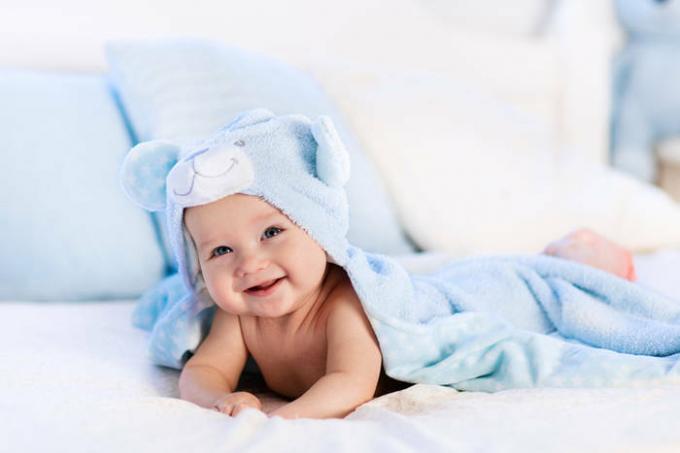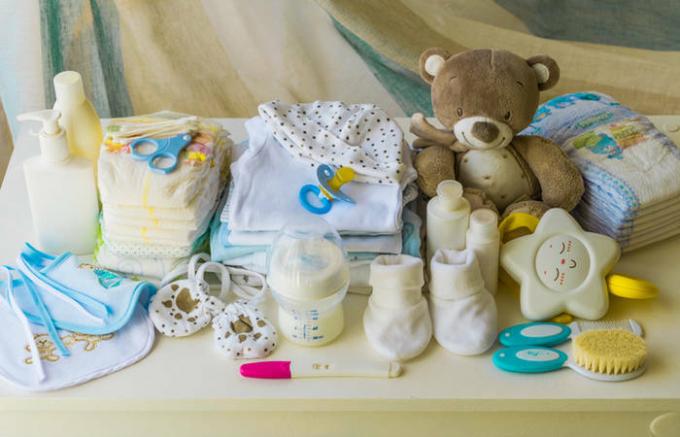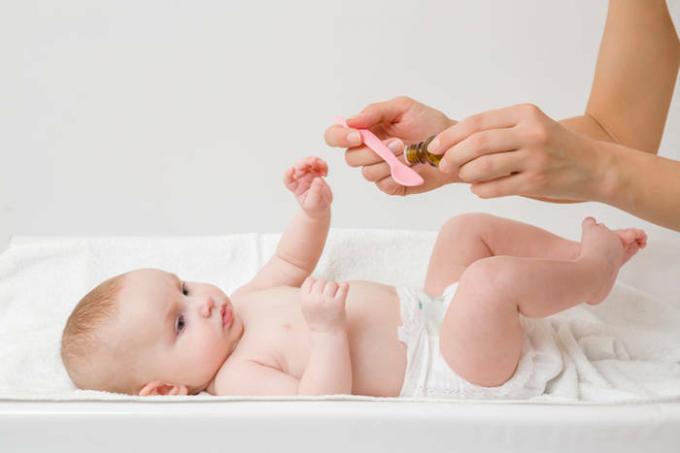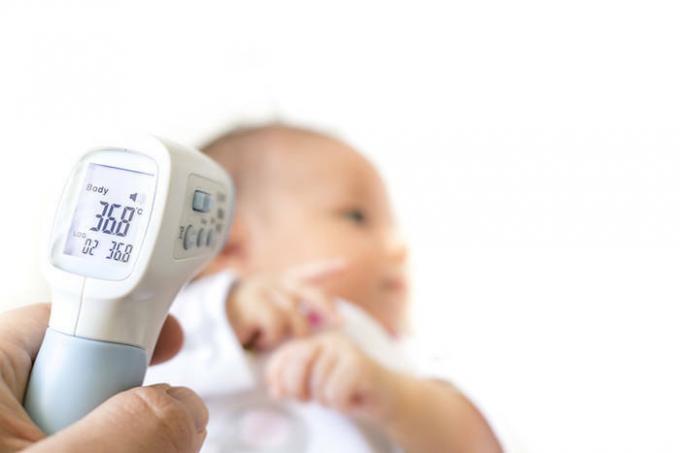Little ones do not need a lot of medicines and care products, but having them in the first aid kit is a must.
Check with what you already have so you don't miss out on anything.

Baby hygiene products
To treat the umbilical wound, you will need cotton buds. For rubbing the baby with water, oil or milk - cotton pads.
The usual cotton wool little will be needed - flagella can be made from it to clean the child's nasal passages. Cotton wool does not have to be sterile.
You may also need bandages - regular and sterile - and gauze pads.
Wet wipes for children - you can safely buy them with a large supply, you will constantly need them for the next 8 years. Better to take odorless and have 1 pack in each room, in the kitchen, in a stroller, in each bag.
Oil for especially dry skin areas, baby cleansing milk - in small volumes, because spent sparingly.
Wound healing cream on the skin, zinc cream or ointment - for diaper rash, dermatitis, irritation, redness.

Antiseptics
For disinfection of any tools, for example, nail scissors, a regular rubbing alcohol.
For the treatment of the umbilical wound - hydrogen peroxide and cadendula alcohol solution.
Modern antiseptics - 10% solution povidone iodine and 0.05% solution chlorhexidine.
Also, the first aid kit should have an antiseptic antiburn ointment."Experiments" with the usual alcoholic solution of iodine, brilliant green and potassium permanganate cannot be put on newborns, these funds are in the baby's first aid kit Not needed perfect.

Medicines
Should always be at hand antipyretic: based on paracetamol and ibuprofen, if the child gets sick, they can be alternated every 4 hours.
For very young children, the antipyretic should be in the form of rectal suppositories. The packaging must indicate that they are for babies from birth.
Vitamin D3. It is definitely needed by every child to prevent rickets - 2 drops a day are enough. Can be given all year round for the first 3 years of life.
Also must be saline solution for rinsing the nose, vasoconstrictor drops (apply strictly according to the instructions).
Electrolyte solution - helps with diarrhea, poisoning. Do not give until 6 months without a doctor's prescription.
Anti-inflammatory eye drops - it is important to buy exactly baby ones that are suitable for newborns. Used for conjunctivitis, eye injuries.
Glycerin candles. If the baby is constipated and this affects his health and mood, you can put a glycerin candle. Please note that the effect will be very fast. It is important to buy the right size for children.

Other
Thermometer. It is better to have two different thermometers - electronic contact and non-contact. With the contactless one, you can quickly check the temperature without waking your baby.
If it constantly shows different values, you can double-check it using a contact electronic thermometer.
It is better not to use a mercury thermometer near a child, because one awkward movement can break him.
Syringe (no needle!). With the help of a syringe, it is convenient to give medicine, water, milk if necessary.Aspirator for the nose. Until the child learns to blow his nose on his own, the aspirator will be your salvation. If you take out snot from a child's nose a couple of times a day, a runny nose will go away very quickly.
Pipette. It may be needed to treat an umbilical wound or to drip medicine into the nose and eyes.
Important!
A children's first-aid kit must be stored separately from an adult, so that, if necessary, it would be easier to find the right tool and check what needs to be purchased.
You will also find it helpful to read:
- 4 causes of lingering rhinitis in children
- Everything you need to know about complications of acute respiratory viral infections in children
- DTP vaccination for a child: benefits and side effects

